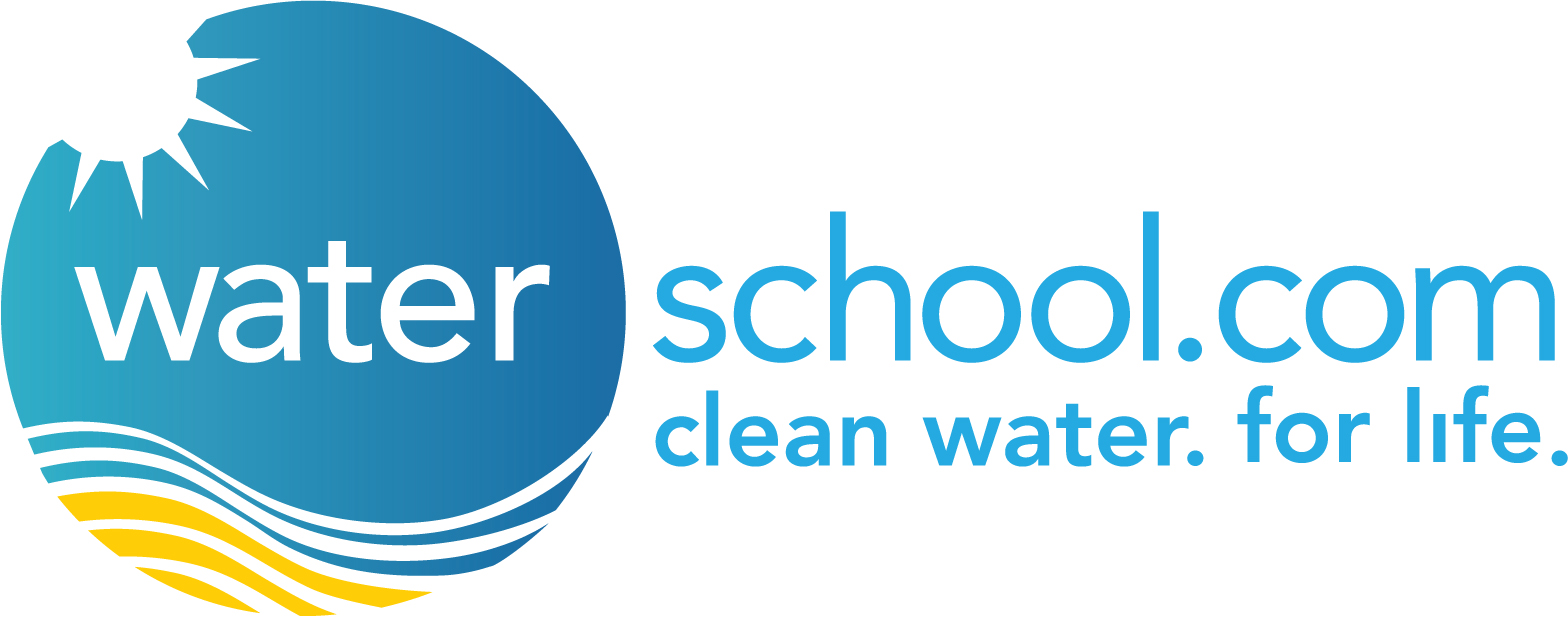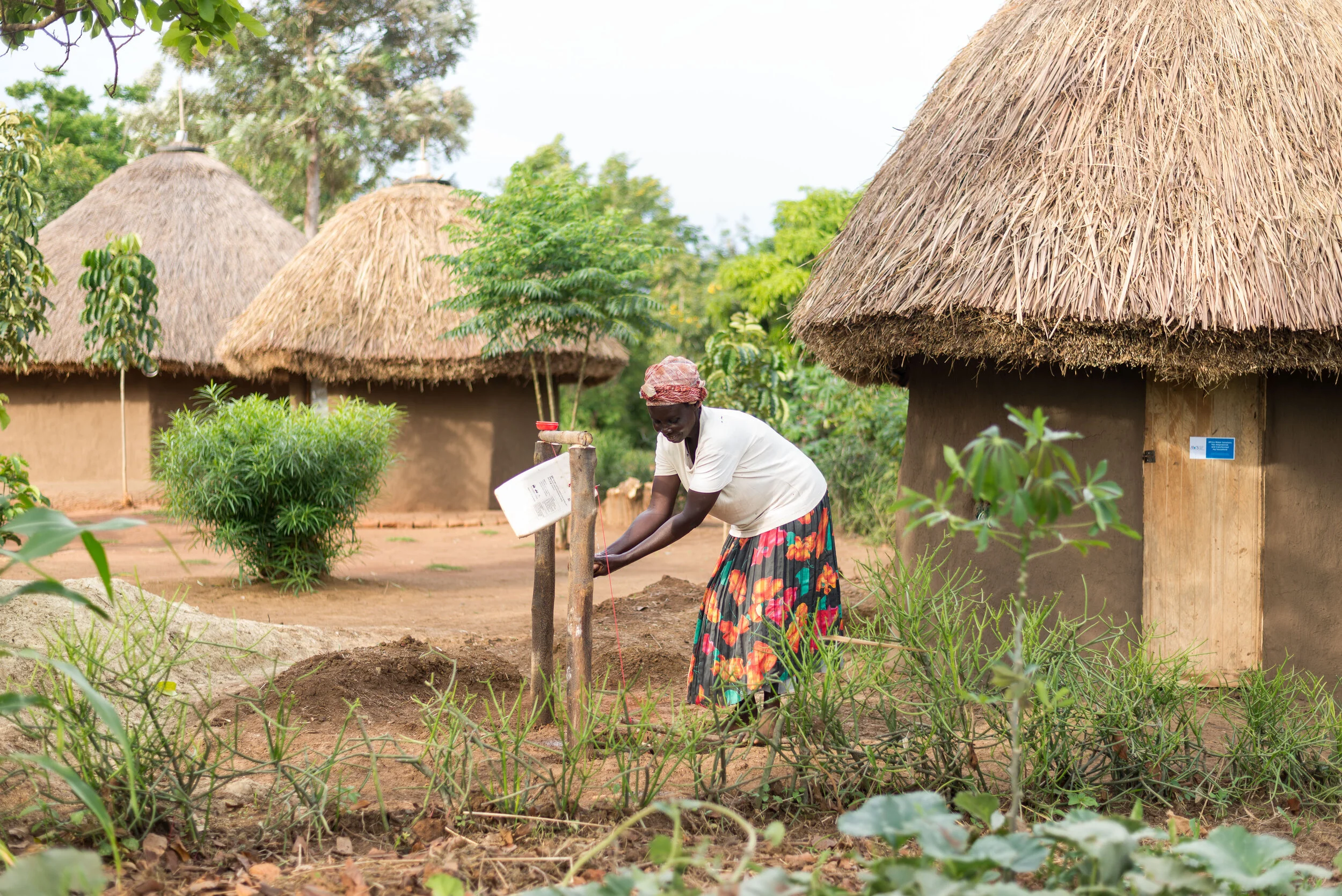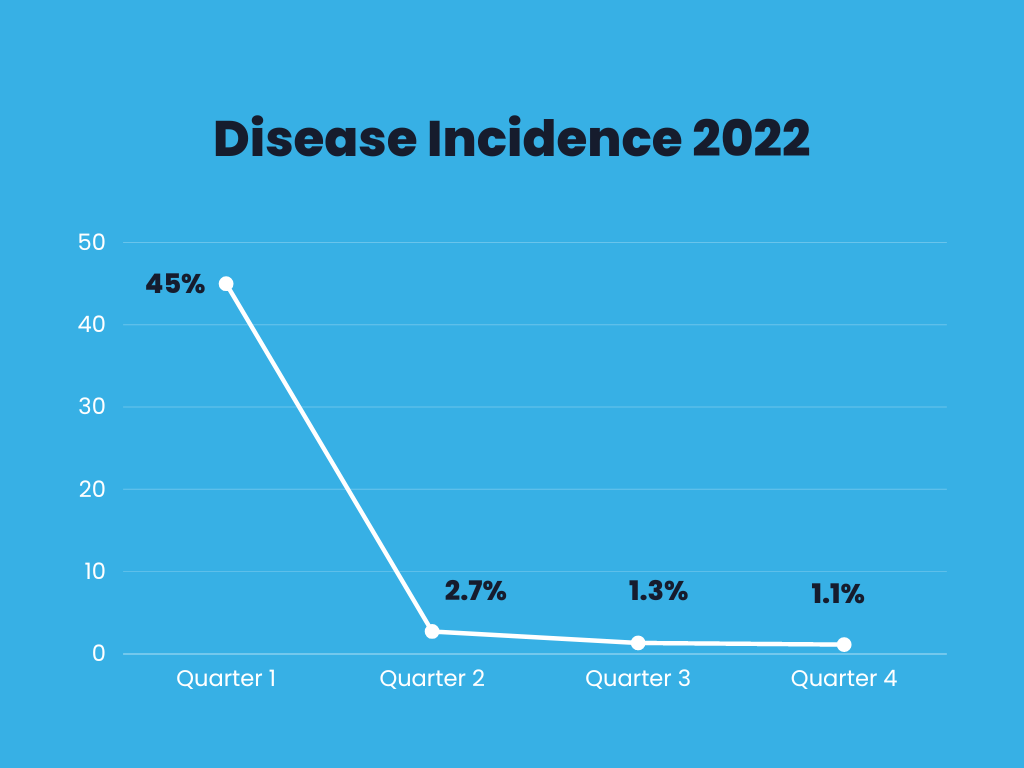Access to clean water and sanitation is a basic human right.
WASH is a commonly used acronym for a simple solution with life-saving impact. WAter, Sanitation and Hygiene, is a pillar of development work around the world and is the three-pronged approach that WaterSchool bases all of our approach on.
Let’s take them one at a time: Water, Sanitation and Hygiene…
Clean water changes everything.
WATER
Solar Disinfection - otherwise known as SODIS - is a simple and sustainable water purification technique that harnesses the sun’s UV rays. By filling up a plastic bottle with dirty water and leaving it in direct sunlight for a day (or under cloudy skies for two days), the SODIS method destroys 99.9% of bacteria and pathogens. Simply put, SODIS turns contaminated water into clean drinking water. Because SODIS is the cornerstone of our program, we have improved accessibility to clean water for thousands of people without drilling any new water wells in Africa or building complicated infrastructure.
Concerned about the plastic bottles? So are we. We reuse and recycle as much as possible. Learn more about our SODIS sustainability practices.
Sanitation brings health, wellness and possibility.
SANITATION
At the core of our WASH sanitation projects, WaterSchool champions learn to build latrines at home and how to effectively clean up waste in and around their homes and schools. Through WASH sanitation training, participants also build Tippy Taps: hand-washing stations built from a plastic jerry can and sticks.
Building safe latrines is also an essential part of our program implementation. A safe latrine has a deep pit, a solid floor, a tight fitting cover (SaTo Pan or wood cover), and have a secure door for privacy.
We have seen that providing communities with sanitation techniques can increase school attendance by over 23% because kids aren't out sick or walking for water. And our incidence of waterborne diseases decreases dramatically when WASH training is implemented.
Diarrhea is a marker for all waterborne diseases. When incidences of acute diarrhea decrease, we know that so too do the rates of typhoid, dysentery and the risk of cholera. Below is a chart reflecting our data from 2022 showing a 97.5% reduction in waterborne disease incidence in the 13,537 households we partnered with.
Hygiene training teaches healthy habits for life.
HYGIENE
We go back to the basics and provide training in hand-washing, how to clean food before consumption, and more. We know that when people have access to clean water and are staying healthy because of their hygiene practices, they have more time and money to invest in small businesses, farming and other activities that drive their communities’ and countries’ economies forward. Download the educational resources we use with our partner communities.





